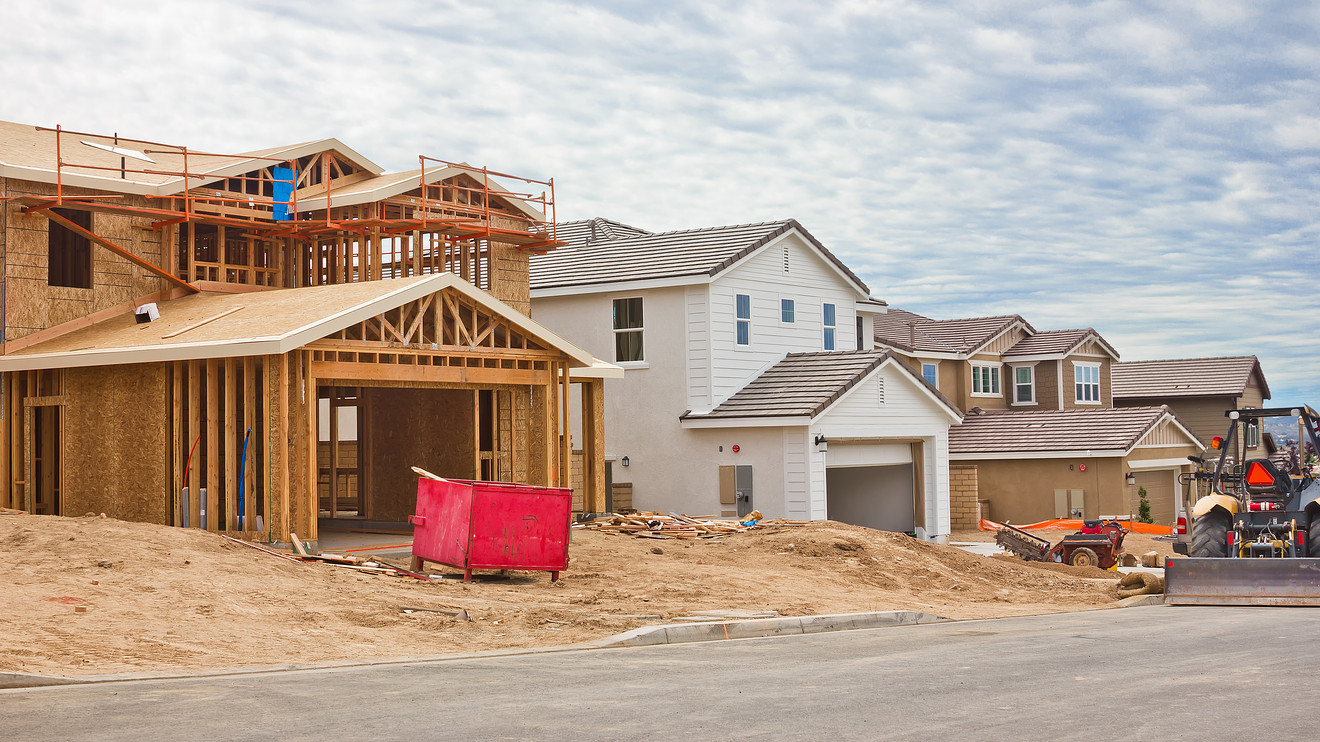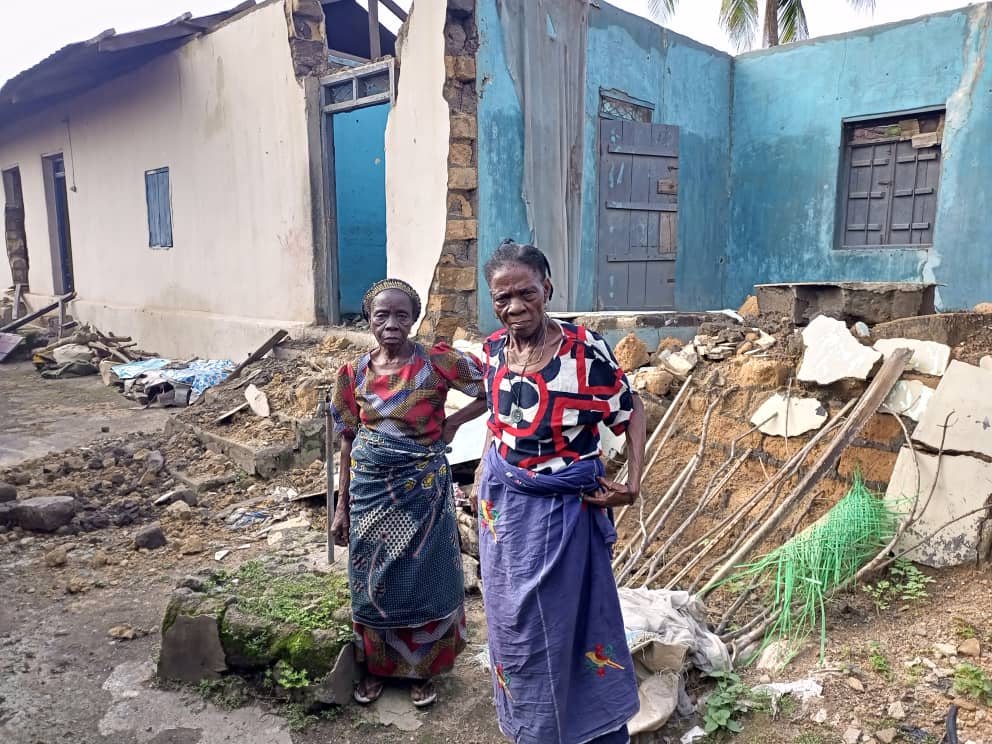Due to rising costs, investors and buyers in Nigeria’s housing market are practically shifting from the high-income to low-come segment of the market in response to rising costs in the country.
Bismarck Rewane, CEO, Financial Derivatives Company alluded to this fact while speaking recently at the July edition of his monthly Breakfast Session at the Lagos Business School. He stated that this shift is also driven by large market size and strong demand coming predominantly from students and young professionals.
He stated further that demand for residential real estate would continue to outpace supply, meaning that home seekers would continue to be at the mercy of product suppliers who, on account of mounting inflation, are hiking the rent charged on their houses.

With inflation peaking at 18.6 percent in June this year, cost of housing has gone up due to unstable and unfavourable exchange rates on imported building materials. The implication of this is that fewer people can afford to buy homes which increases demand for rental housing.
Statistics show that Nigeria is an active rental market where about 80 percent of the citizens are renters, spending a good percentage of their income paying house rent.
Read Also: EFCC probes S/Court Registrar over alleged N10bn loot, racketeering
What the current surge in rental costs has done is to compel city dwellers to downsize or downgrade to more affordable apartments to stave off harsh economic conditions, especially cost of living.
Statistics also reveal that between January 2021 and June 2022, rent in major Nigerian cities such as Lagos, Abuja, and Port Harcourt has risen above 50 per cent. For example, in some parts of Lagos, rents range between N700, 000 and N1 million for two-bedroom and for three-bedroom, including areas that were initially considered as cheap.
Furthermore, within this period, a three-bedroom apartment that was previously rented at N400, 000 rose to N600,000; two-bedroom increased from N350,000 to N550,000 while one bedroom, initially going for N250, 000 moved up to 300,000 in locations that appear to be less sought-after.

A mini-flat went for between N450, 000 and N750, 000; a two-bedroom flat has gone up as high as N600, 000 to N1.1million, three-bedroom apartment in highbrow locations of Lagos and Abuja is between N1.2million and N4 million.
The increase in rent is the main reason many city residents, who want to reside within the city centre compulsorily, are downgrading their accommodation needs.
This also is the reason investment interest is favouring small size developments, and investors are responding to the present reality in the market.
Click on The Trumpet and follow us on our Twitter page for more:






